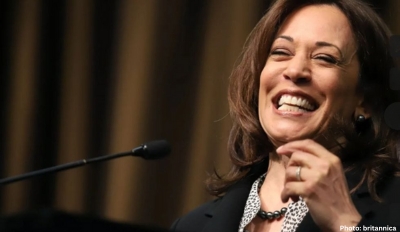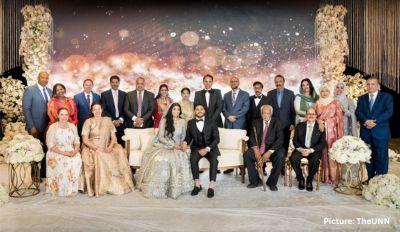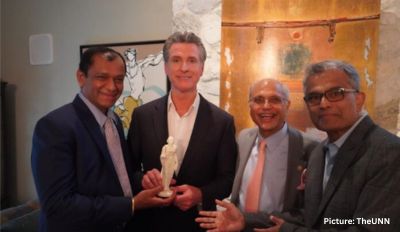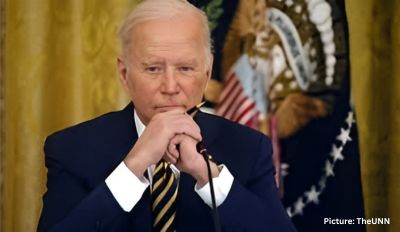The terms “spiritual” and “spirituality” have posed a challenge for researchers and scholars in the realm of religion, defying easy definition. What constitutes being spiritual? Does it entail a sense of wonder, well-being, or peace? Is belief in God or a higher power a prerequisite? These terms appear so elastic that they encompass a myriad of disparate ideas and experiences.
A recent study conducted by Pew Research delves into the meaning of “spiritual” for those who identify with the term, shedding light on the beliefs and practices of individuals who consider themselves “spiritual but not religious.” In their report titled “Spirituality Among Americans,” Pew surveyed over 11,000 people earlier this year, revealing that 7 in 10 U.S. adults describe themselves as spiritual in some way.
The study finds that almost half of respondents identify as both religious and spiritual. This suggests a dual engagement, where individuals participate in religious institutions while also maintaining personal spiritual practices or perspectives outside formal religious traditions. Meanwhile, 22% of U.S. adults identify as “spiritual but not religious,” 21% claim neither spiritual nor religious affiliation, and 10% identify as religious but not spiritual.
The shifting landscape of religious affiliation in the United States has witnessed increased diversity in recent years. While Christianity remains the predominant faith, there has been a rise in the numbers of Jews, Muslims, Hindus, Buddhists, and other religious groups. However, there is an overarching trend of declining religious affiliation, indicating a reduced identification with specific religious groups.
Lead Pew researcher Becka Alper notes the ongoing attempt to make sense of this shift, asking, “Is the U.S. public becoming more secular? Are they becoming more spiritual?” The study aims to provide a comprehensive understanding of spiritual beliefs, practices, and experiences.
Key findings from the survey include:
– 83% of all U.S. adults believe in the existence of a soul or spirit alongside the physical body.
– 81% acknowledge the presence of something spiritual beyond the natural world, even if it is imperceptible.
– 74% assert that there are aspects science cannot explain.
– 45% report experiencing a sudden connection with something beyond this world.
– 38% claim to have felt a strong connection with a departed person communicating from beyond.
Regarding the meaning of “spiritual,” the majority (74%) associate it with “being connected to something bigger than myself.” A substantial 70% specify that it means “being connected with God,” while 64% interpret it as “being connected with my true self.” Only 40% equate spirituality with adherence to a specific religious faith. The term also encompasses various other interpretations, such as a connection with nature, other people, deceased loved ones, open-mindedness, or the continuation of family traditions.
A recurring theme across these interpretations is the idea of being “connected.”
Notably, evangelical Christians, predominantly white, and members of historically Black Protestant churches share similar experiences. Both groups overwhelmingly report a deep sense of well-being at least once a month due to their spiritual beliefs and practices, a sentiment less prevalent among other religious groups like Catholics or Mainline Protestants.
In allowing respondents to describe in their own words what being spiritual means, Pew received a diverse range of anonymous responses, including:
– “Being one with your soul, emotions, feelings, actions.”
– “Believing in something larger and more creative than science.”
– “One with the universe!”
– “The belief that a supreme being is the creator of the universe, and that humans’ existence in this realm is transient.”
– “It means having a relationship with God and a belief system that includes a responsibility to do what is right.”
Given that this survey marked the first time Pew posed many of these questions specifically about spirituality, it serves as a baseline rather than establishing trends. Pew plans to continue exploring these themes in subsequent years, offering a deeper understanding of the evolving landscape of religion and spirituality among Americans.











